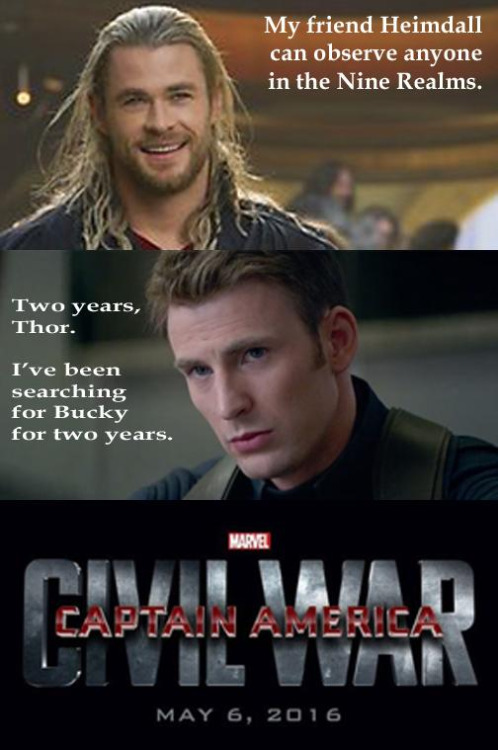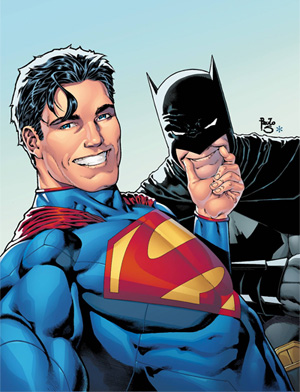Borderline, by Mishell Baker
 Just finished reading Borderline [Amazon | B&N | IndieBound], by Mishell Baker. This is a Nebula award finalist, and having raced through the book, can see why. Here’s the official description:
Just finished reading Borderline [Amazon | B&N | IndieBound], by Mishell Baker. This is a Nebula award finalist, and having raced through the book, can see why. Here’s the official description:
A year ago, Millie lost her legs and her filmmaking career in a failed suicide attempt. Just when she’s sure the credits have rolled on her life story, she gets a second chance with the Arcadia Project: a secret organization that polices the traffic to and from a parallel reality filled with creatures straight out of myth and fairy tales.
For her first assignment, Millie is tasked with tracking down a missing movie star who also happens to be a nobleman of the Seelie Court. To find him, she’ll have to smooth-talk Hollywood power players and uncover the surreal and sometimes terrifying truth behind the glamour of Tinseltown. But stronger forces than just her inner demons are sabotaging her progress, and if she fails to unravel the conspiracy behind the noble’s disappearance, not only will she be out on the streets, but the shattering of a centuries-old peace could spark an all-out war between worlds.
That description sells the book short, in that it ignores a huge part of the book. Those “inner demons” are a reference to the fact that Millie has borderline personality disorder. In fact, everyone who works for the Arcadia Project has some form of mental illness, for reasons that are gradually explained and explored throughout the book.
I don’t know enough about BPD to judge how true Baker’s portrayal is, but it’s clear she’s done her research. Some of Millie’s comments about therapy and the techniques she’s learned to manage it ring very true to techniques my wife (a mental health therapist) has talked about. It feels respectfully written, which shouldn’t come as a surprise if you’ve read some of Baker’s posts and essays about mental health.
The central idea of fey serving as muses for big Hollywood names, and the effects and consequences of that magic, sets up a good story. But it’s the characters that really elevate the story. (I think Caryl was my favorite by the end.) They’re all portrayed with a sense of honesty and respect. BPD affects a lot of how Millie processes and reacts to things, for example, and sometimes that goes pretty badly. The story doesn’t try to justify or excuse Millie’s actions in those cases, nor does it condemn her as a horrible person. It’s presented as part of who she is, and we see her awareness and her struggles to manage being borderline.
The same holds true with Millie’s physical disability. Baker clearly did a lot of research about Millie’s prosthetics and the other effects of her disastrous attempted suicide. The metal in Millie’s body disrupts fey magic, but it isn’t played as just a clever way of giving her an advantage over the fey. I don’t have first-hand experience here, but it’s handled and written in a way that feels true to me.
The ending felt a little bit rushed, and got a little darker than I’d expected, but it worked well both to wrap up the story and lay some groundwork for the sequel, Phantom Pains, which just came out a few weeks ago. I’ve already added it to my reading list.
You can read an excerpt on Baker’s website.
For those of you who’ve read it, what did you think?






 I continue to snag books out of my son’s Scholastic book order forms. One of the latest was Shadowshaper
I continue to snag books out of my son’s Scholastic book order forms. One of the latest was Shadowshaper  I am shamefully overdue on reviewing
I am shamefully overdue on reviewing  At a group booksigning in Lansing last month, I snagged an autographed copy of
At a group booksigning in Lansing last month, I snagged an autographed copy of  Back when my son was in school, I noticed Cherie Priest’s YA novel I am Princess X
Back when my son was in school, I noticed Cherie Priest’s YA novel I am Princess X  One of the best things about writing for DAW is that they occasionally shoot me an ARC or finished copy of one of their new releases. Which is how I got my hands on an advanced review copy of
One of the best things about writing for DAW is that they occasionally shoot me an ARC or finished copy of one of their new releases. Which is how I got my hands on an advanced review copy of  Next up was
Next up was  Finally, my son and I finished reading Mirable
Finally, my son and I finished reading Mirable 



